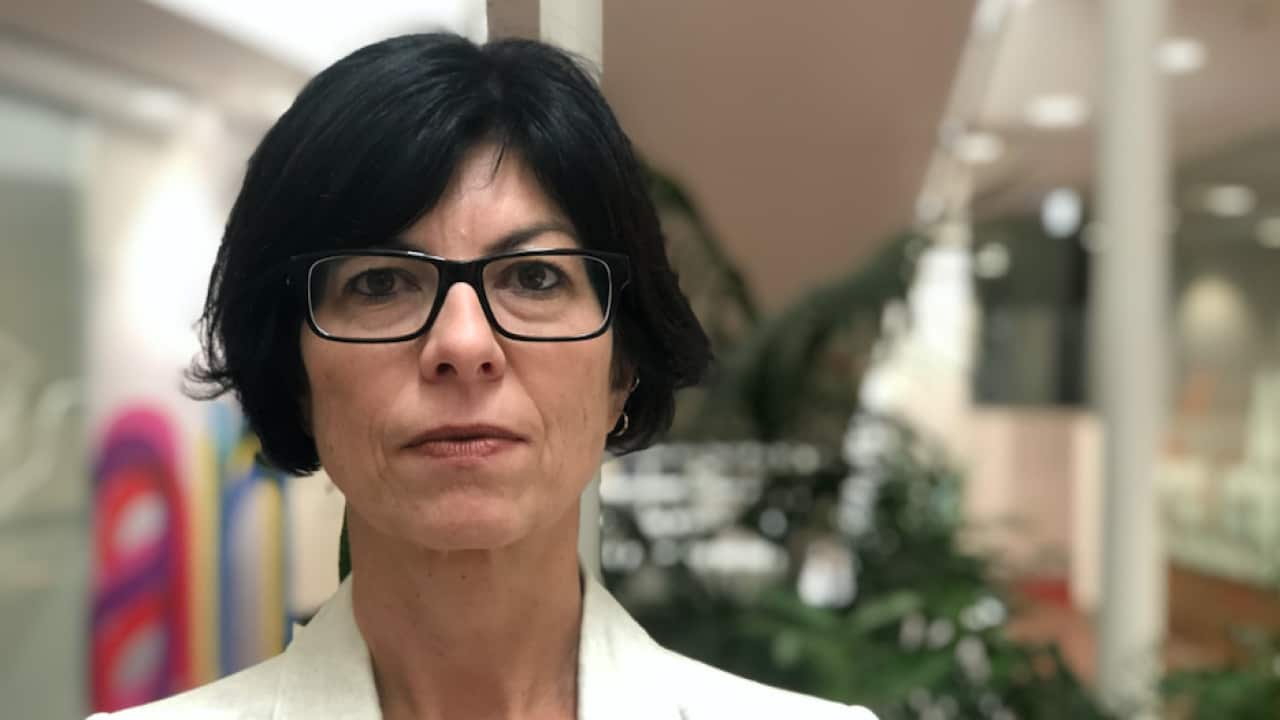This article contains references to domestic violence.
Domestic violence service providers are warning of a possible spike in incidents as Australia grapples with the coronavirus pandemic.
As cases of coronavirus continue to surge in Australia, authorities have advised Australians to practice social distancing as much as possible to try to limit the spread of the virus.
All international arrivals to Australia are now required to self-isolate at home for 14 days, as are people who’ve either contracted COVID-19 or come into contact with someone who has.
But keeping people at home in isolation means it will be harder for people experiencing domestic abuse to escape it, violence prevention advocates say.
“If you are telling someone they can't leave home … then their risk profile increases,” Domestic Violence NSW CEO Joanne Yates told SBS News.
“Women who suffer domestic violence are already isolated, they're isolated from family often, from friends often, and sometimes, even regular workplaces. So, an enforced self-isolation might in fact unintentionally increase their exposure to violence.
“We really fear that."
Rachael Natoli, the founder of the Lokahi Foundation, a Sydney-based domestic violence charity, is herself a violence survivor.
When she was intimidated and abused by an ex-partner, she said being able to spend time away from him while he was at work was very valuable.
“At least I knew in the afternoon I could go out for a walk and take the children in the pram. It gave me some headspace,” she said.
Ms Natoli said spending time away from a violent partner gives people the chance to emotionally recover and prepare for “whatever is coming home that night”.
“If we take that away from them, we put them in a very vulnerable position."
Ms Natoli said stressful and economically-challenging situations such as natural disasters often bring with them a spike in abuse rates.
“If perpetrators are feeling more under pressure financially and emotionally, they are going to take that out on their victim even more.
Ms Yates agreed, adding that Domestic Violence NSW CEO had seen an "increased need for services as a result of the bushfire incidents over Christmas and the new year”.
Nine women have already been killed by violence in Australia this year, according to the .
In 2019, the total number of deaths were 61, equating to more than one murder per week.
In a statement, Minister for Women Marise Payne said ensuring the safety of women and children from violence is “critical each and every single day” and that “does not change in the current context of COVID-19”.
“It is crucial at this difficult time that people who need family violence support services know those services are there and are able to support them,” she said.
If you or someone you know is impacted by family or domestic violence, call 1800RESPECT on 1800 737 732 or visit . In an emergency, call 000.












